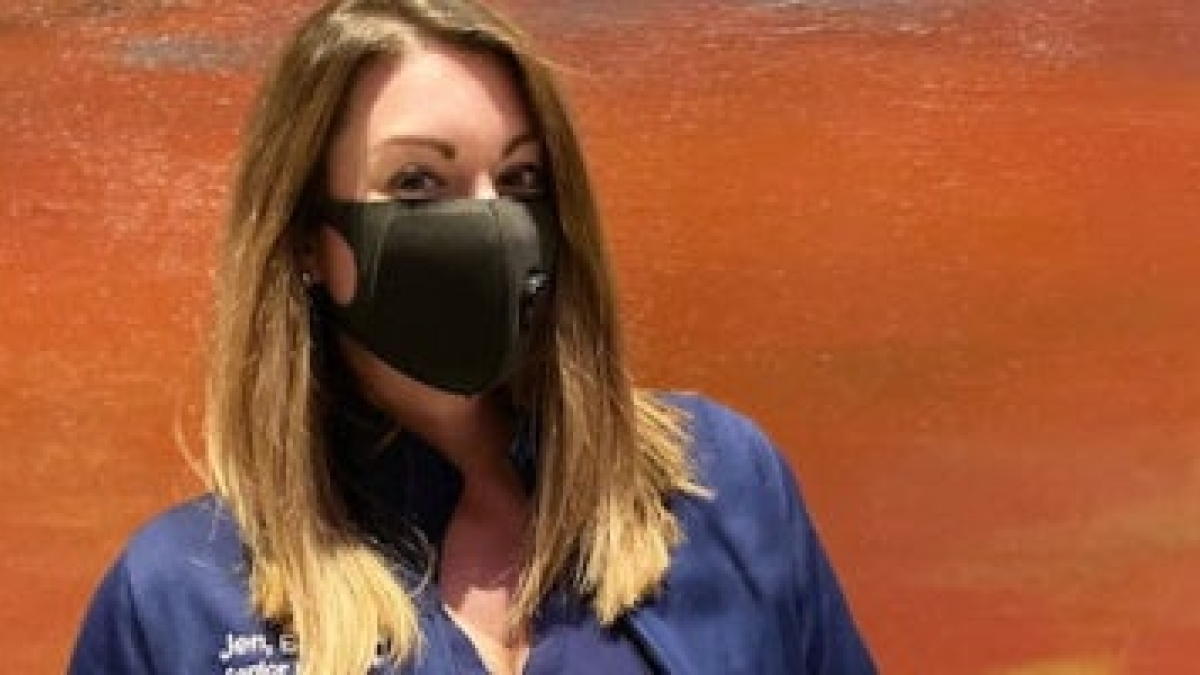ASU alumna shares her experiences leading a health team through the pandemic

Edson College alumna Jennifer Roque recalls the early days of the pandemic at her facility.
As the scope of the coronavirus pandemic began to reveal itself, much of the country began slowing down and hunkering down while learning the new skill of social distancing. At the same time, nurse Jennifer Roque, an alumna of the ASU Edson College of Nursing and Health Innovation, and her team at a Phoenix medical center began ramping up and showing up to rapidly mobilize efforts to prepare to treat the expected influx of patients.
“We worked night and day, devised and revised plans, ran mock codes, educated staff, assessed, and redefined patient care and its delivery methods. We rolled out safety plans for our staff and each other, ran our Infection Prevention team ragged, talked, prepared our teams mentally and coached them. We pushed our normally defined leadership roles away to become pandemic planners and responders,” explains Roque.
In her role as RN Senior Manager, she says this is exactly what she was meant to do. This was her calling.
Like many health facilities across the country, Roque initially saw an increase in COVID-19 cases and a corresponding drop in typical patient cases. Now a couple of months in and her facility is transformed, with multiple designated units that care for COVID patients, accommodating a range of needs, from low acuity up to critically ill.
She says her team’s first reactions to the pandemic’s arrival at their doors were similar to everyone else’s and included fear, panic and stress. Nursing schools, at least in the past, have not spent a great deal of time discussing how to deal with a pandemic. But now she believes, “for years to come, nursing books will write about us and the ways we found to respond to the novel coronavirus pandemic.”
Edson College Associate Dean of Academic Affairs, Kathy Kenny agrees. “While nursing programs provide a foundation for disaster preparedness, the COVID-19 pandemic gives us a chance to re-envision our preparation of the nurses of the future. It is more important than ever to include an evidence-based curriculum related to epidemiology, infection control and public health.”
Though the first weeks were incredibly trying, Roque says that in true nurse fashion, everyone quickly adapted and began to internalize and fully process the solutions they had devised.
“Just like we have always done, we used data and evidence to help us get through.”
While a lot has changed in such a short amount of time for our health systems and the staff who keep them running, Roque says what remains constant is the commitment of her colleagues and team members to care for patients and to demonstrate compassion.
“I have never felt more proud or privileged to be an R.N. Today and for the past few months, I lock arms with my sisters and brothers of this profession, of every role and specialty to help our community return to health and to help fight this disease.”
Written by Robin Krause